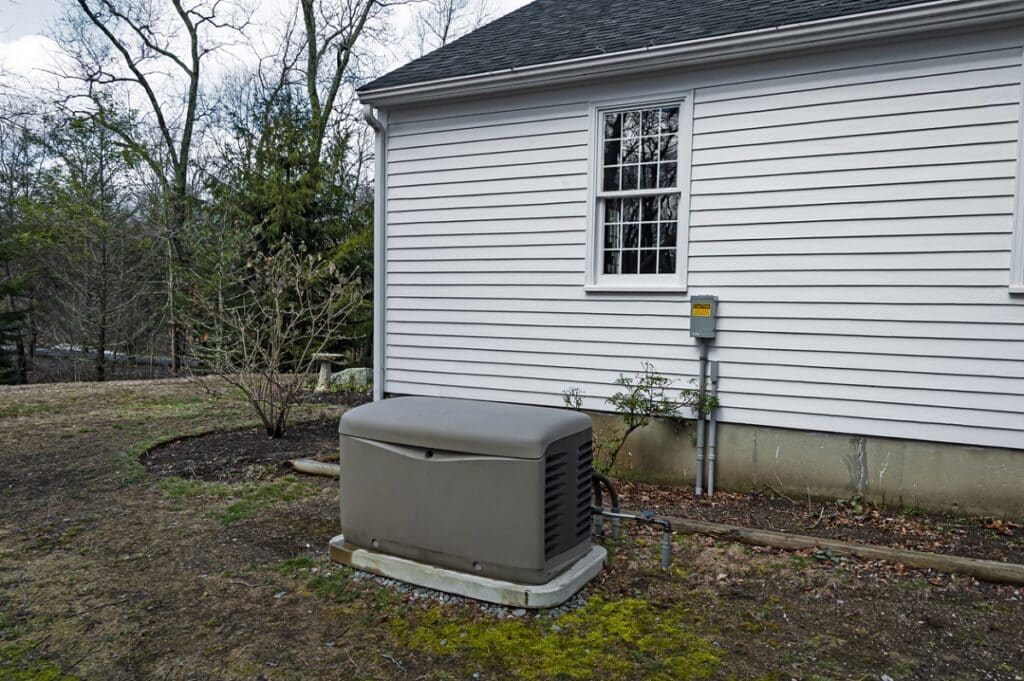Storm season is in full swing, and it means one thing for homeowners: power outages. Thunder and lightning that rage across the region emit a strong, powerful discharge of electricity that can wreak havoc on your home.
A good generator ensures that you have a continuous supply of power at all times. The role of a generator is to act as a backup in case of an emergency.
Deciding on the type of generator you need requires some thought. There are four major types of generators, each with their own features. Read on to learn more about each generator type and what it does.
Types of Generators
You can choose from a wide variety of generator options on the market. However, there are four main types that are commonly used in most homes. Each is powered differently and makes an excellent backup source during an outage. They are propane, diesel, gasoline, and natural gas generators.
Propane
If you’re not planning on using a generator too often, try one that runs on propane. Propane has a longer shelf life than most other substances and is therefore more cost-effective. Plus, the emissions are low, making it safe and effective. The only problem with propane is that it burns faster in a short amount of time, so it may not last as long.
Diesel
A diesel generator has two excellent qualities: It is portable, and it uses less fuel. Like propane, diesel has a long shelf life and can save you money. But here’s the caveat: Don’t store a diesel generator that’s cooled by air or liquid. Both substances are great at turning on your generator immediately, but they can lessen the life span of diesel fuel.
Gasoline
Generators powered by gasoline are excellent as a short-term solution to a power outage. They are portable and simple to use because they convert gasoline into electricity through an internal combustion system. Gasoline generators are great for many outdoor activities, including camping, barbecues, and tailgating parties. They’re also great for RVs and campers because they can power many appliances.
Natural Gas
Natural gas generators are popular among homeowners for many reasons. They’re economical, and they don’t use as much fuel to run. Natural gas generators require very little maintenance and don’t need as much refueling. There are a few drawbacks, however. These generator types require a natural gas line to run, so if you don’t have one, then it’s best to choose a different type of generator.
Reach Out Today
Don’t let power outages hurt your summertime plans. Shop around and choose the best generator for your home needs. We can help you select and install the best generator. Contact us at Economy Lighting and Electrical of Camarillo, CA to learn more about our generators.


